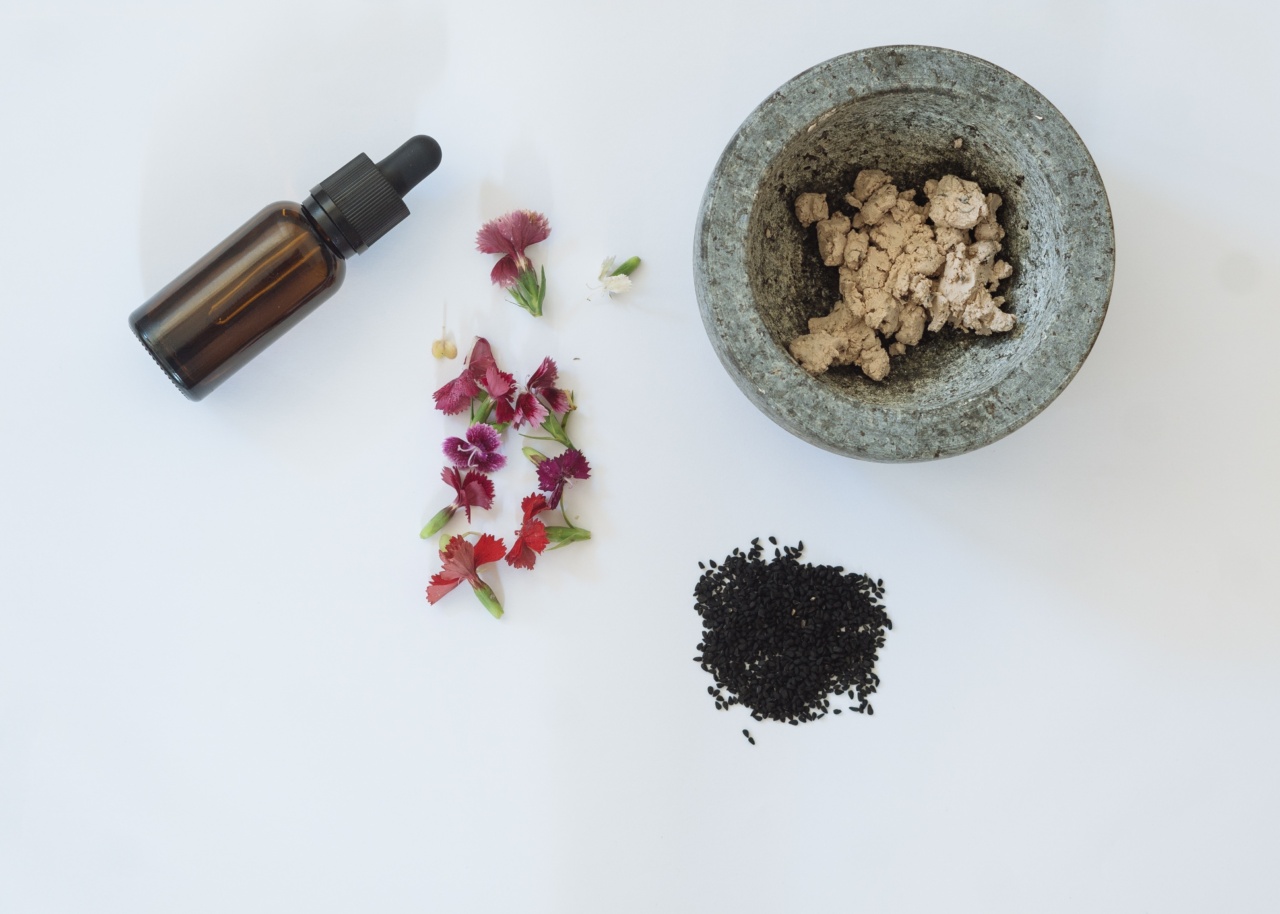While skincare routines can be personalized according to each individual’s skin type and needs, there are certain skincare ingredients that should never be mixed together.
Chemical reactions between certain ingredients can lead to irritation, dryness, and even serious damage to the skin’s protective barrier.
Retinoids and Benzoyl Peroxide
Retinoids, such as tretinoin and adapalene, are highly effective in treating acne and fighting signs of aging. However, they should never be used in combination with benzoyl peroxide, a common ingredient in acne treatments.
Benzoyl peroxide has oxidizing properties that can cause the retinoids to break down, reducing their effectiveness and potentially causing skin irritation.
Vitamin C and AHAs/BHAs
Vitamin C is a powerful antioxidant that helps brighten and even out skin tone, while alpha-hydroxy acids (AHAs) and beta-hydroxy acids (BHAs) exfoliate dead skin cells and unclog pores.
However, combining vitamin C with AHAs/BHAs can cause the pH of both ingredients to become unstable, reducing their effectiveness and potentially causing skin irritation. It’s best to use vitamin C in the morning and AHAs/BHAs at night, or to alternate between the two.
Salicylic Acid and Retinoids
Salicylic acid is a beta-hydroxy acid that helps treat acne and exfoliate the skin, while retinoids are often prescribed to treat acne and fight signs of aging.
However, using these two ingredients together can cause excessive dryness and irritation, as they both have exfoliating properties. It’s best to use salicylic acid in the morning and retinoids at night, or to alternate between the two.
Hyaluronic Acid and Powdered Vitamin C
Hyaluronic acid is a hydrating ingredient that helps plump up the skin, while powdered vitamin C is a potent antioxidant that helps brighten and even out skin tone.
However, combining these two ingredients can cause the powdered vitamin C to dissolve the hyaluronic acid, reducing its effectiveness and potentially causing skin irritation. It’s best to use hyaluronic acid in the morning and powdered vitamin C at night, or to alternate between the two.
Niacinamide and Vitamin C
Niacinamide is a form of vitamin B3 that helps brighten and even out skin tone, while vitamin C is a potent antioxidant that helps brighten and protect the skin.
While both ingredients are effective on their own, using them together can cause excessive redness and flushing, especially in those with sensitive skin. It’s best to use niacinamide in the morning and vitamin C at night, or to alternate between the two.
Essential Oils and Chemical Exfoliants
Essential oils, such as tea tree oil and lavender oil, have many benefits for the skin, but they should never be used in combination with chemical exfoliants, such as AHAs/BHAs or retinoids.
Essential oils can weaken the skin’s protective barrier, making it more susceptible to damage and irritation from chemical exfoliants. It’s best to avoid using essential oils and chemical exfoliants together, or to use them on separate days.
Benzoyl Peroxide and Salicylic Acid
While both benzoyl peroxide and salicylic acid are effective in treating acne, using them together can cause excessive dryness and irritation. Both ingredients have exfoliating properties, which can lead to the skin becoming overly dry and flaky.
It’s best to use benzoyl peroxide in the morning and salicylic acid at night, or to alternate between the two.
Physical Exfoliants and Chemical Exfoliants
Physical exfoliants, such as scrubs and brushes, physically remove dead skin cells from the surface of the skin, while chemical exfoliants, such as AHAs/BHAs, dissolve the bonds that hold dead skin cells together.
However, using these two types of exfoliants together can lead to excessive exfoliation and potentially damage the skin’s protective barrier. It’s best to use one type of exfoliant at a time, or to alternate between the two on separate days.
Retinoids and Acids
Retinoids, such as tretinoin and adapalene, should never be used in combination with acids, such as AHAs/BHAs or salicylic acid.
The two types of ingredients can cancel each other out, reducing their effectiveness and potentially causing skin irritation. It’s best to use retinoids at night and acids in the morning, or to alternate between the two on separate days.
Moisturizers and Sunscreens
While moisturizers and sunscreens are two essential components of any skincare routine, they should never be mixed together.
Sunscreen should always be the last step in your skincare routine, as applying a moisturizer over it can reduce its effectiveness and potentially cause skin irritation. It’s best to apply moisturizer first, wait a few minutes for it to fully absorb, and then apply sunscreen on top.






























